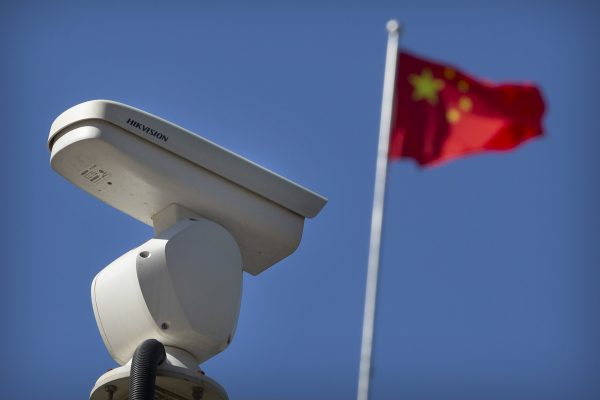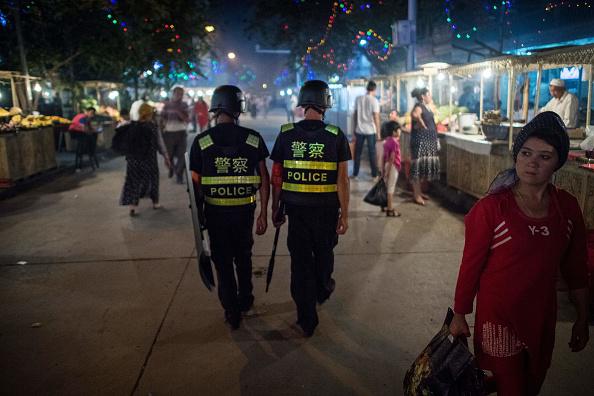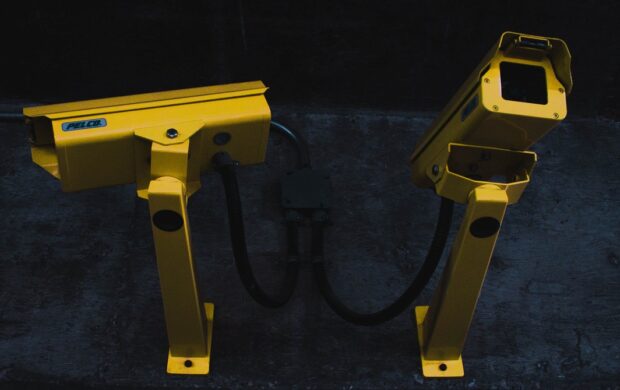The global pandemic has enabled an exponential increase in biometric surveillance applications under the guise of public security. SenseTime, a Chinese AI giant specialising in biometric data surveillance technology, is experiencing rapid growth through COVID-related applications, in spite of a backlash against ubiquitous surveillance and being blacklisted by the US. The company is considering an IPO of US$ 10 billion after an initial funding round, says Reuters.

In February 2020, Thailand was the first country to pilot a biometric border control system with integrated fever detection. In March, Israel introduced emergency regulations to allow mass location tracking of citizens to slow the spread of the disease, by enforcing social isolation and tracking cases. In May, a European civil society rights group called for a ban on biometric mass surveillance, claiming that it is becoming ubiquitous in public spaces.
So what?
The implications for personal freedoms and human rights are severe. In the Chinese province of Xinjiang, mandatory health checks have been used to detain or severely restrict the movement of Uighurs, through facial recognition blacklists. In China, biometric data can be linked to its social credit scheme, restricting opportunities and access to services to favoured individuals. A draft proposal by Chinese regulators recommends that collectors of personal information (PI) obtain consent – but acknowledges that this is largely impractical given the scale of mass monitoring.
Biometric data collection tools include facial recognition, body temperature detection, DNA swabs, iris and face scans, fingerprints and voice signatures. Official data collection points for biometrics are proliferating: from civil identification and border control, to daily health checks – including tests for COVID-19 and temperature scans, and increasingly for public security – with protesters in Hong Kong a recent target. Mass collection also takes place through street cameras, personal devices, as well as in workplaces and schools, with a surge in new technology.
While mobile operators in Europe have complied with requests for anonymised data to support tracking, China is developing a ‘National AI Team’ of companies, including Baidu, Alibaba, Tencent and SenseTime, that will share data and support AI ecosystem development, in return for access to projects and public resources.
Sources
-
Exclusive: SenseTime eyes STAR market IPO after $1.5 billion fundraising - sources https://www.reuters.com/article/us-sensetime-ipo-exclusive-idUSKCN24W1JN
-
 Biometrics giant SenseTime rumored to be planning Shanghai IPO at $10B valuation https://www.biometricupdate.com/202007/biometrics-giant-sensetime-rumored-to-be-planning-shanghai-ipo-at-10b-valuation
Biometrics giant SenseTime rumored to be planning Shanghai IPO at $10B valuation https://www.biometricupdate.com/202007/biometrics-giant-sensetime-rumored-to-be-planning-shanghai-ipo-at-10b-valuation -
 China’s Ubiquitous Facial Recognition Tech Sparks Privacy Backlash https://thediplomat.com/2020/03/chinas-ubiquitous-facial-recognition-tech-sparks-privacy-backlash/
China’s Ubiquitous Facial Recognition Tech Sparks Privacy Backlash https://thediplomat.com/2020/03/chinas-ubiquitous-facial-recognition-tech-sparks-privacy-backlash/ -
 China: Big Data Fuels Crackdown in Minority Region https://www.hrw.org/news/2018/02/26/china-big-data-fuels-crackdown-minority-region
China: Big Data Fuels Crackdown in Minority Region https://www.hrw.org/news/2018/02/26/china-big-data-fuels-crackdown-minority-region


















Join discussion